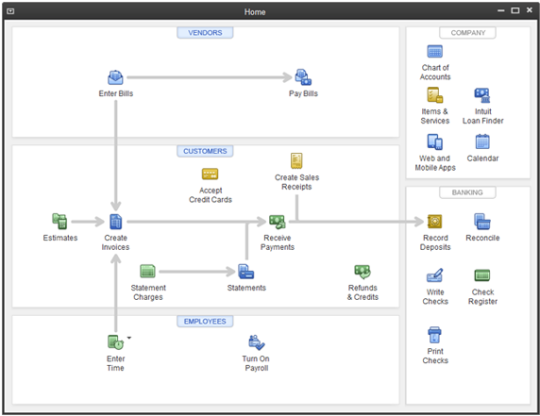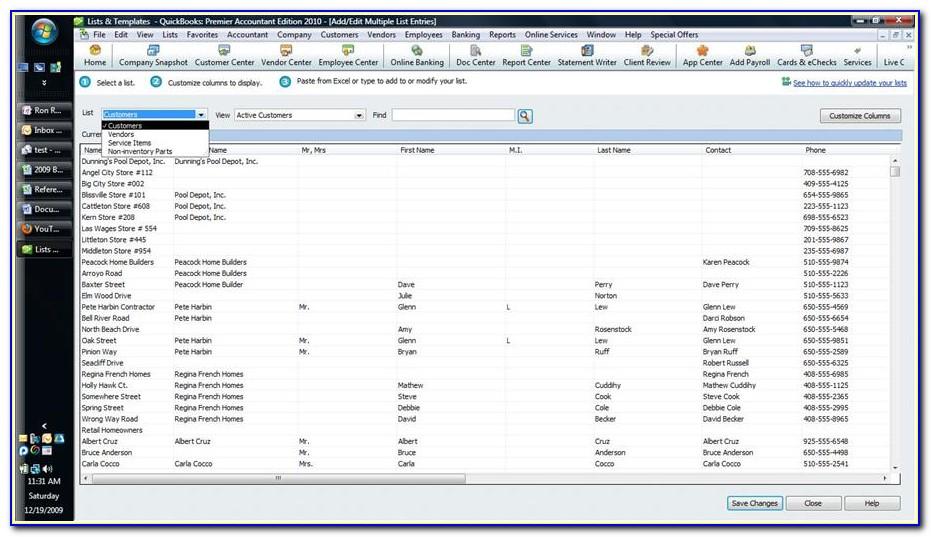


These upgrades are the Desktop user’s responsibility to manage and install. While the QuickBooks Desktop software only needs to be purchased once, upgrades are recommended every three years. As a result, QuickBooks Online is less expensive initially and more expensive in the long-run, which can benefit cash-strapped startups and micro businesses. QuickBooks Desktop requires a one-time software purchase, whereas Online carries a monthly fee.

QuickBooks Online automatically downloads and categorizes bank and credit transactions, improving organization through automated functionality. Business owners that prefer a more hands-on approach will likely prefer Desktop, while those that appreciate automation will likely appreciate Online. The main distinction is not which system is easier to use, but which more in line with a business owner’s working style. Some business professionals consider Desktop easier to navigate for more novice users, but the differences here are more nuanced than on other criteria. Once set-up is complete both QuickBooks platforms cater to wide range of accounting experience levels. While new businesses will benefit from an easy set-up process with either QuickBooks offering, more established businesses (especially those migrating over from another accounting system) will see an immediate benefit in using QuickBooks Online. While data can be moved from Desktop to Online and vice versa, the two platforms do not communicate, so they cannot be used in tandem. With QuickBooks Online bank transactions are quick to import, making the addition of online transactions painless. Data can be imported into Desktop via spreadsheet, which makes it an attractive choice for business owners that have historical offline transactions. Distinct operational advantages give each an ideal user base across various industries, lifecycles, offerings, and sizes.īoth Desktop and Online offer a speedy and intuitive initial set-up.


 0 kommentar(er)
0 kommentar(er)
